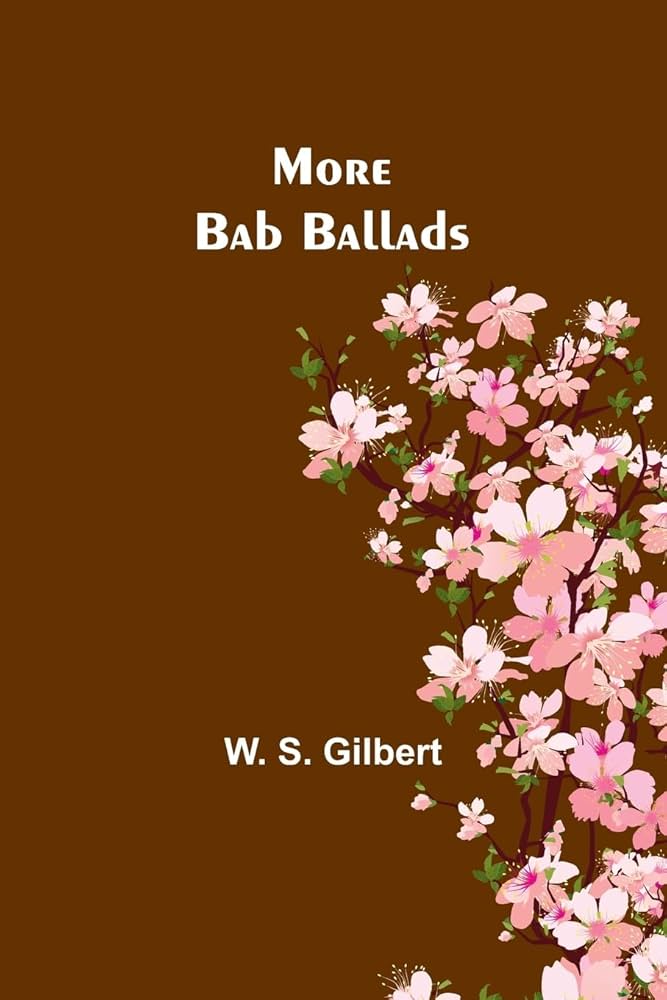Ballad: The Cunning Woman
byThe Cunning Woman begins by painting a life that seems almost enchanted. Bill and Jane, residents of a quiet Arcadian village, share a love that’s both deep and delightfully simple. They are untouched by the turbulence of broader society—stock market fluctuations, political strife, or aristocratic intrigues have no place in their sunlit fields. Bill’s strength lies in the soil, in the honest labor of the land, while Jane finds joy among the flowers she tends. Their love, set to song and laughter, feels eternal. However, Jane’s casual remark about the allure of nobility introduces a ripple. It’s a seemingly innocent comment, but it shakes Bill’s confidence in their shared future.
The arrival of Lord Pillaloo threatens to turn this gentle world upside down. Known more for his charm than for honorable intentions, the nobleman’s presence unsettles the couple. Bill, deeply wounded by the thought that status might overshadow sincerity, begins to doubt his worth. Meanwhile, Jane, though steadfast, grows anxious—not from temptation, but from the fear of being forced into attention she never sought. Her beauty, once a shared source of pride, becomes a burden she wishes she could hide. Her conflict is not rooted in desire for social advancement but in the dread of disrupting their quiet love.
To protect what he values most, Bill seeks the wisdom of the Cunning Woman—a figure whispered about in rural corners, known for herbs, spells, and uncommon insight. The Cunning Woman, equal parts healer and seer, listens to his plight with a knowing calm. Rather than offering a love potion or transformation charm, she presents Bill with something subtler: a blend of herbs and advice, rooted in clarity and trust. Her solution is not to manipulate Jane’s feelings but to reveal them. Through enchantment, the truth would be shown without coercion or deceit, allowing both lovers to face it without disguise.
Bill follows her instructions and returns home with a newfound resolve. That night, as instructed, he prepares a simple tea from the Cunning Woman’s herbs and offers it to Jane, sharing a song from their early days. The moment is rich in nostalgia, and Jane, overwhelmed with emotion, reaffirms her love for him—not through words of denial, but through memories, laughter, and quiet tears. The potion does not alter the heart; it illuminates it. Jane’s fears dissipate, and so do Bill’s. The nobleman’s shadow, though still cast over the village, loses its weight.
In a surprising twist of fate, Lord Pillaloo arrives but is quickly distracted by his own vanity and departs as swiftly as he came, amused by the simplicity of rural life but uninterested in its commitments. His visit becomes nothing more than a brief storm that passed over a strong house. The villagers, unaware of the emotional tempest within Bill and Jane’s cottage, continue with their daily lives. The Cunning Woman, having asked for no payment beyond a jar of honey and Bill’s favorite apples, fades back into myth—half healer, half storyteller.
This tale isn’t just about superstition or social satire. It speaks to the universal fear of losing something perfect in the face of power, beauty, or status. It reminds readers that even the strongest love can be shaken by doubt, but that truth—when brought to light with care—can strengthen bonds rather than break them. The Cunning Woman’s role isn’t to change destiny but to help others see it more clearly. Her power lies in observation, not intervention. In a world often ruled by appearances and assumptions, this story champions authenticity and emotional courage.
In the end, Bill and Jane’s bond emerges stronger, tempered by honesty and the subtle magic of mutual understanding. Their love returns to its peaceful rhythm, now reinforced by the quiet wisdom of experience. They become a testament to the idea that true enchantment isn’t always in potions or spells, but in the way people choose each other again and again—even when uncertainty creeps in. The Cunning Woman teaches that love, like the land, must be cultivated, protected, and occasionally trusted to weather its own storms.


